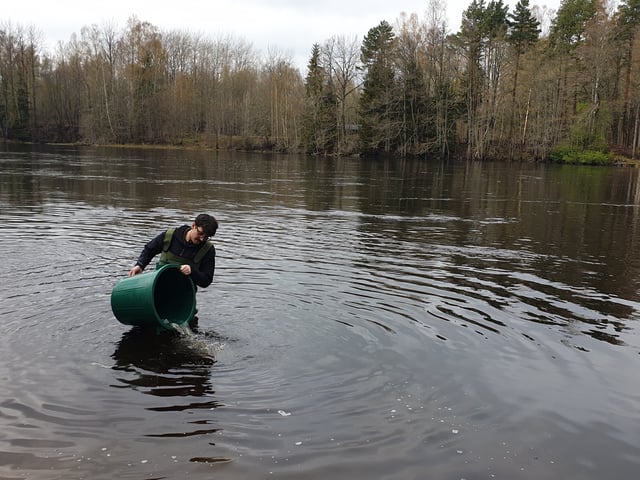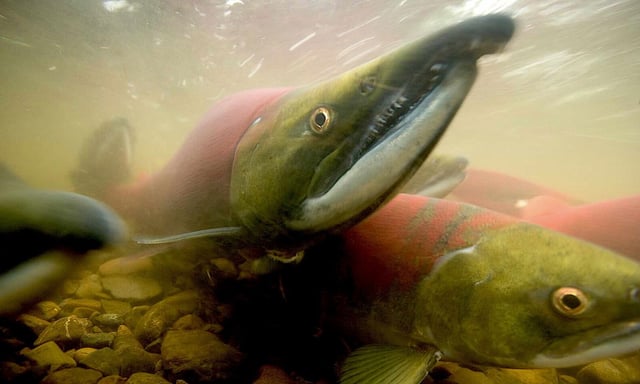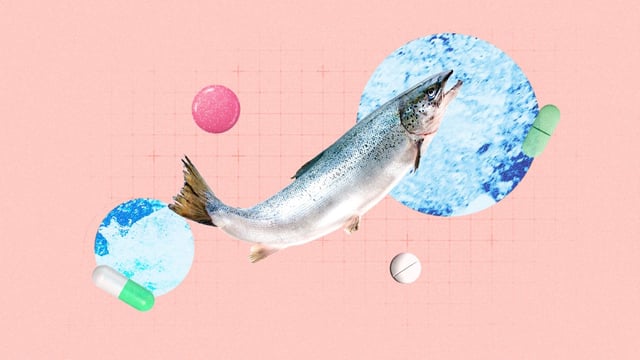Overview
- A study published in Science confirms that clobazam, a pharmaceutical pollutant, disrupts natural behavior in Atlantic salmon by reducing shoaling and risk-aversion.
- Field experiments in Sweden's River Dal revealed that exposed salmon navigated hydropower dams faster, improving migration success but potentially increasing vulnerability to predators.
- The research highlights how pharmaceuticals enter waterways through human excretion and incomplete wastewater treatment, persisting in aquatic environments.
- Over 900 pharmaceutical compounds have been detected globally, with psychoactive drugs like clobazam shown to significantly affect wildlife behavior and ecosystems.
- Researchers advocate for upgraded wastewater treatment and the development of biodegradable pharmaceuticals to mitigate long-term ecological impacts.



